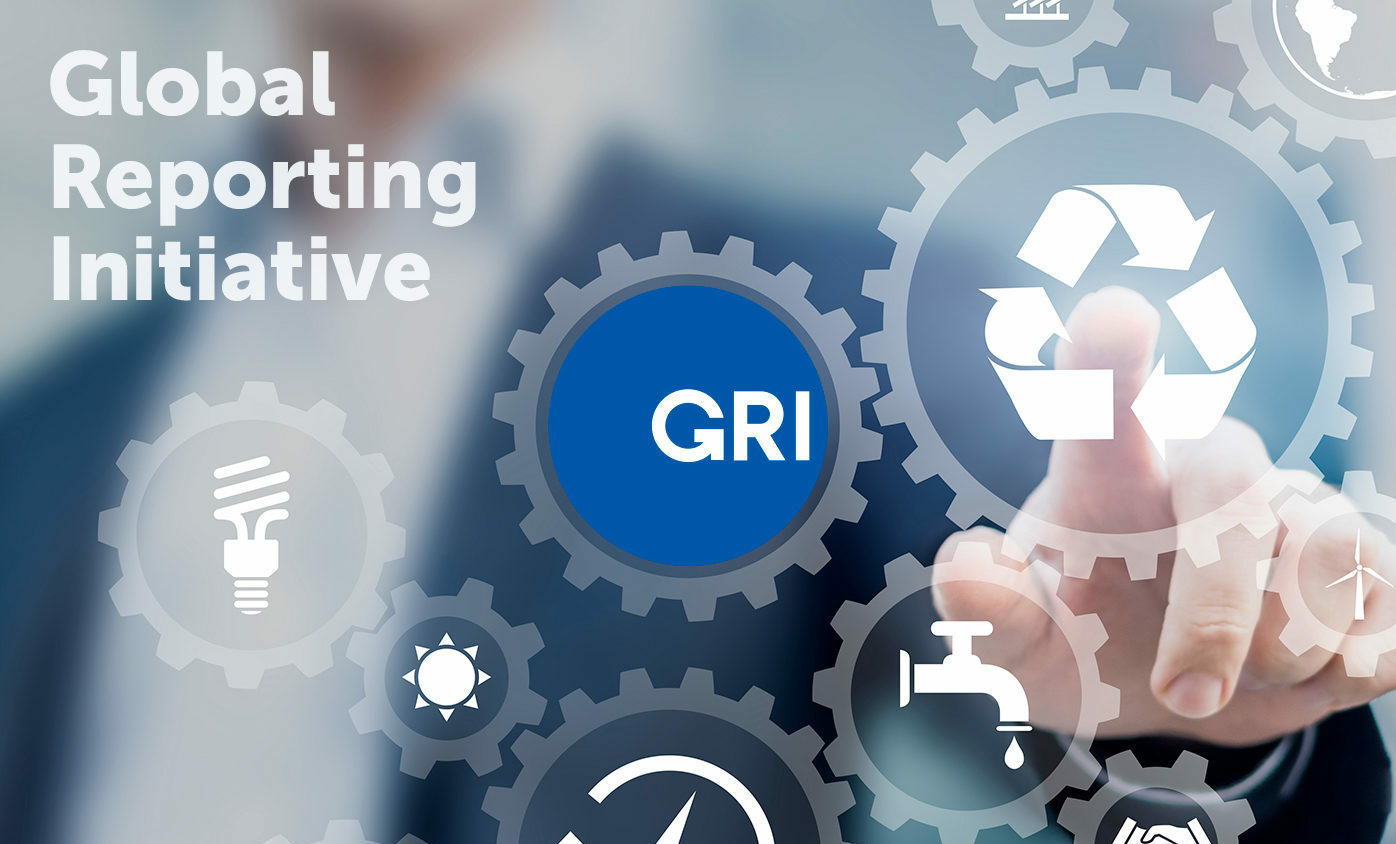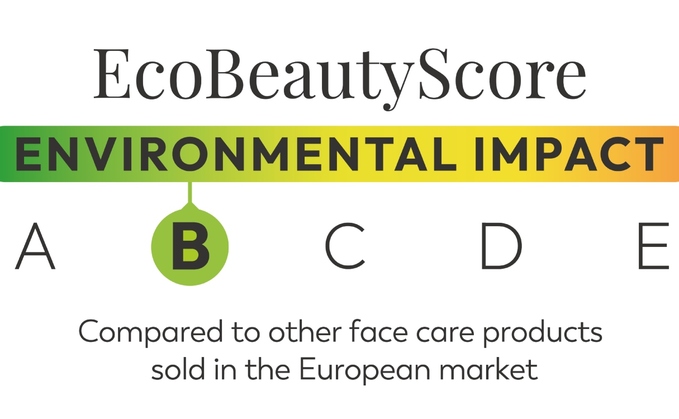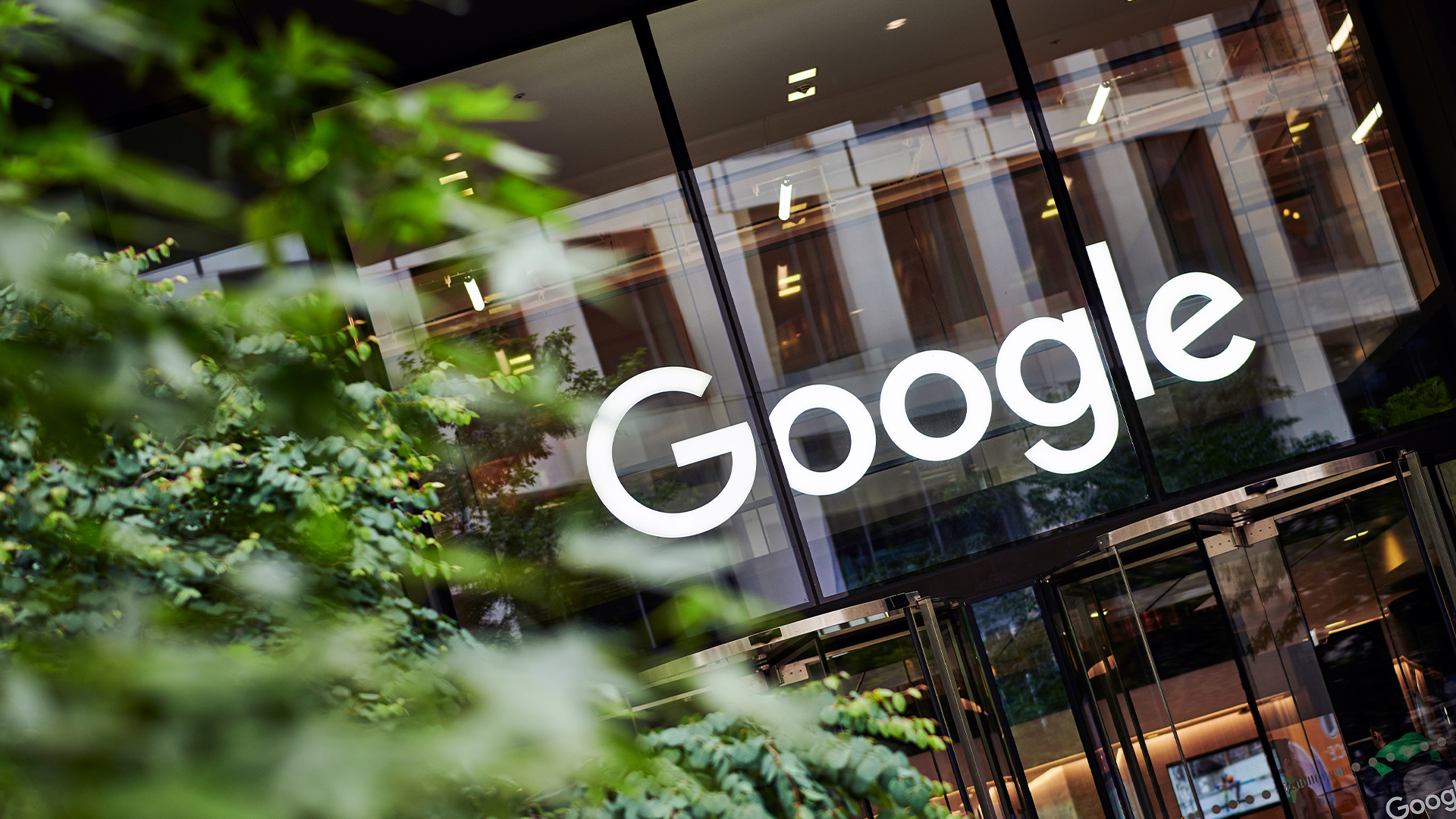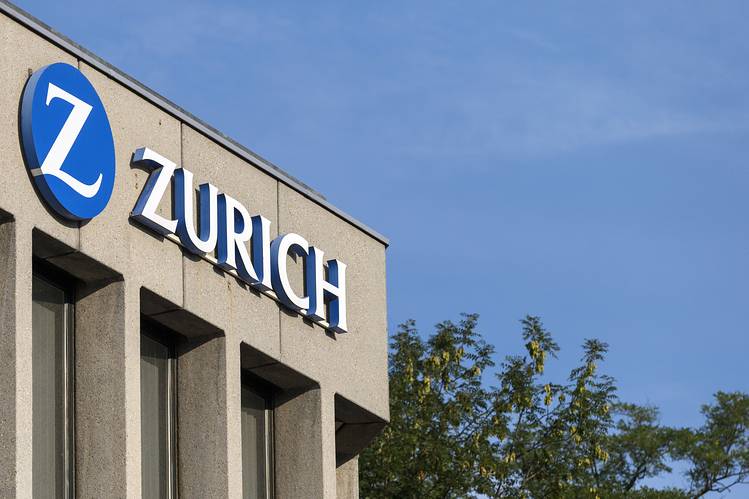New Low-Carbon Hub Accelerator Designed to Bring Industries Together to Advance the Clean Energy Transition
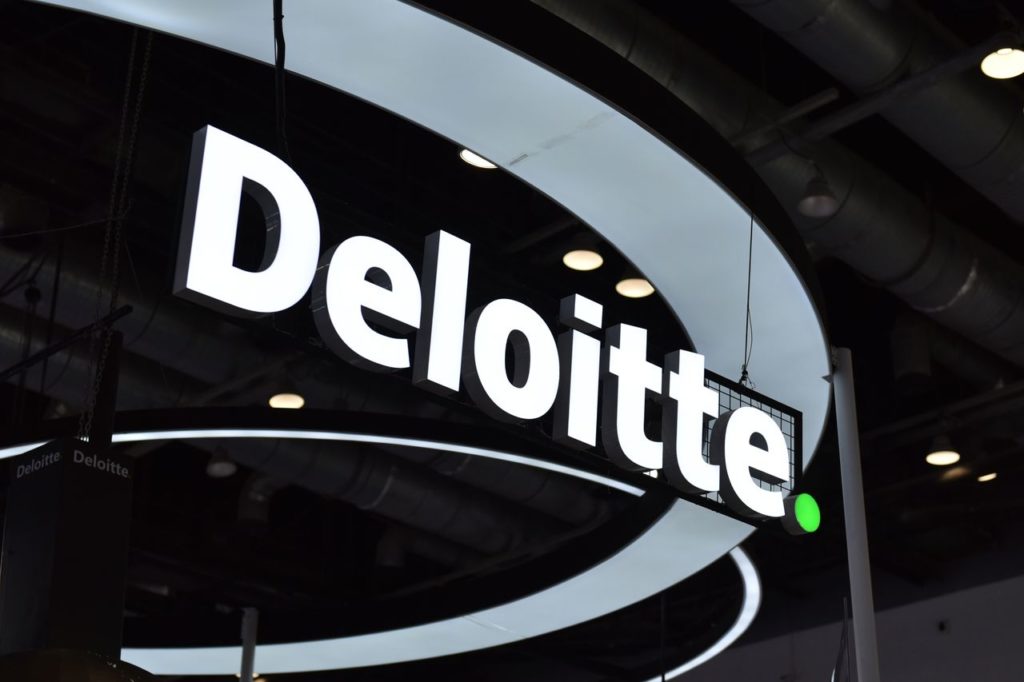
- Deloitte’s Low-Carbon Hub Accelerator is designed to bring together networks of supply-side and demand-side players to share costs and drive economies of scale, to help make a clean hydrogen economy in the U.S. a reality.
- Deloitte’s 2022 study, “Low-Carbon Industrial Hubs: Driving Deep Decarbonization for Industry,” found that surveyed companies who collaborate in hubs see up to a 95% reduction in the capital investment required when compared to individual companies deploying carbon capture, utilization and storage (CCUS) by themselves.
- Deloitte’s Low-Carbon Hub Accelerator is designed to be plug-compatible with virtually any combination of existing participants, including other professional services organizations.
According to the International Energy Agency, hydrogen is one of the biggest innovation opportunities to reduce global carbon dioxide emissions to net zero by 2050, a widely accepted global target to avert the worst effects of climate change.
Although the push for decarbonization is gaining momentum, traditional strategies and methodologies are largely unable to address the majority of emissions for some sectors. Abatement solutions like clean hydrogen and CCUS remain cost-prohibitive for most companies to pursue on their own. Establishing low-carbon hubs in strategic geographical areas across the U.S. aims to further long-term decarbonization and help mitigate the effects of climate change.
Low-carbon hubs accelerate decarbonization for hard-to-abate sectors
“Hard-to-abate” sectors account for more than 30% of total global greenhouse gas emissions, and this number is only expected to grow as other industries make progress on their sustainability goals, according to Deloitte’s May 2021 report, “Leading in a Low Carbon Future.”
These sectors — heavy industry, such as chemicals, metals and mining; building materials and heavy road transport; as well as shipping and aviation — have some of the most challenging pathways toward emissions reduction, creating increased urgency to find new strategies to offset emissions.
According to the Deloitte study, “Low-Carbon Industrial Hubs: Driving Deep Decarbonization for Industry,” low-carbon hubs can provide a cost-effective way for companies in hard-to-abate industries to accelerate their decarbonization efforts; demonstrate action on climate change to customers, investors and other stakeholders; and spur tipping points in low-carbon technology innovation. Deloitte found that surveyed companies that collaborate in hubs tend to have a more effective pathway for deep emission reductions.
See related article: Deloitte and AuditBoard Team Up to Help Companies Streamline and Enhance the Quality of ESG Program Management and Reporting
Collaboration can help reduce emissions at a lower cost
Deloitte research identified hub models that can help maximize cost synergies, economies of scale and emissions reductions. Deloitte found that CCUS hubs with hydrogen, or “Industrial Hubs,” are often the most comprehensive, combining CCUS infrastructure with hydrogen from fossil sources to create an ecosystem of multiple reinforcing solutions for downstream utilization or export.
The benefits of participating in hydrogen hubs are fairly clear: compared to individual companies that deploy CCUS by themselves, lower emission industrial hubs can help companies and industries reduce emissions by approximately 50%, at a cost that is 20% to 95% cheaper than when pursued alone.
Lower emissions industrial hubs can serve a variety of geographies across the U.S., each with their own unique industry configurations and addressable emissions profile. Deloitte also found that emissions reduction benefits driven by hubs extend to downstream customers who benefit from the lower emissions footprint of products supplied by the hub. Locally produced hydrogen can also help with energy security, while creating new business models and jobs.
The time is right in the U.S. market
Significant action at the federal level is accelerating the development of a viable hydrogen economy in the U.S. and positioning the country as a global low carbon hydrogen leader.
- In June 2022, the U.S. Department of Energy announced its intent to accept applications to award $8 billion in funding for the development of regional clean hydrogen hubs that demonstrate the production, processing, delivery, storage and end-use of clean hydrogen via its H2Hubs program.
- In September 2022, the DOE further elaborated that the initial $7 billion of this funding will be awarded to at least six to 10 regional clean hydrogen hubs through a competitive bidding process that will conclude by summer 2023, with awards ranging from $400 million to $1.25 billion.
- The formation of hydrogen hubs is expected to help drive towards the DOE’s “earth shot” objective of bringing the cost of clean hydrogen production to $1 per kilogram within the next decade and contribute to achieving DOE’s goals for H2@Scale, which provides an overarching vision for how clean hydrogen can enable energy pathways.
- In August 2022, Congress passed the Inflation Reduction Act of 2022 providing historic investments to combat climate change and create clean energy solutions, including an additional boost to the U.S. clean hydrogen economy through a new tax credit of up to 30% of eligible capital costs, collectively estimated at over $13.1 billion. The IRA also extends and enhances incentives for hydrogen fueling stations.
Services approach drives progress throughout the hydrogen economy
The Low-Carbon Hub Accelerator projects are part of Deloitte sustainability, climate, and equity a practice serving clients as they define a path to a more sustainable future. Building upon years of sustainability and climate client service, Deloitte is assembling one of the largest global networks of sustainability experience including an investment of US$1 billion in client-related services, data-driven research, and assets and capabilities. Globally, Deloitte is involved in multiple hubs, working with consortium leaders on feasibility studies, business cases, connecting supply and demand centers, and supporting acceleration.
Through Deloitte’s Low-Carbon Hub Accelerator, companies can benefit from a unique approach to supporting hydrogen growth no matter where they are in the journey. Comprehensive, end-to-end services generally focus on strategic development, as well as the construction of hubs, technology implementations, and insight into the current policy and regulatory environment driving the hydrogen economy.
Source: Deloitte

